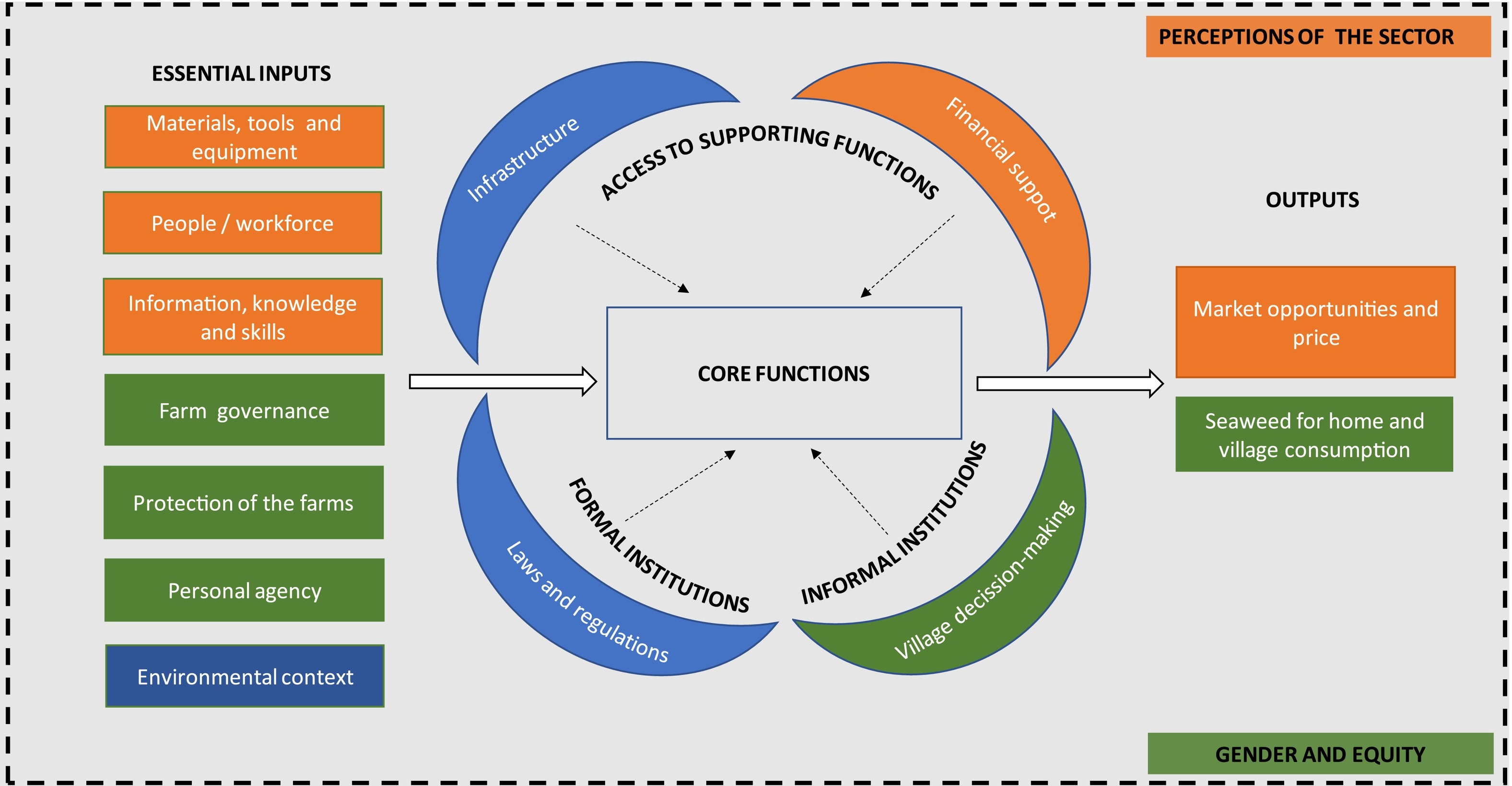Elsevier, The Lancet Child and Adolescent Health, Volume 7, June 2023
Background: Latin America and the Caribbean present the second highest adolescent fertility rate in the world, only after sub-Saharan Africa, and have reached the third position globally in the incidence of motherhood in adolescence. We aimed to explore trends and inequities in adolescent childbearing in the region.
Elsevier,
Lancet Regional Health - Americas, Volume 22, June 2023
While social justice is a pillar that society seeks to uphold, in the area of organ transplantation, social justice, equity, and inclusion fail in the unbefriended and undomiciled population. Due to lack of social support of the homeless population, such status often renders these individuals ineligible to be organ recipients. Though it can be argued that organ donation by an unbefriended, undomciled patient benefits the greater good, there is clear inequity in the fact that homeless individuals are denied transplants due to inadequate social support. To illustrate such social breakdown, we describe two unbefriended, undomiciled patients brought to our hospitals by emergency services with diagnoses of intracerebral haemorrhage that progressed to brain death. This proposal represents a call to action to remediate the broken system: how the inherent inequity in organ donation by unbefriended, undomiciled patients would be ethically optimized if social support systems were implemented to allow for their candidacy for organ transplantation.
Elsevier, High-Confidence Computing, Volume 3, June 2023
Intellectual Property (IP) refers to anything that originates in the human mind, including theories, conceptions, discoveries, anecdotes, works of literature. World Intellectual Property Day 2024 is highlighting the critical importance of intellectual property (IP) in catalyzing the human innovation and creativity needed for achievement of the United Nations Sustainable Development Goals (SDGs). This paper discusses the existing IP rights and breakthroughs in the field of IPP research; provides discussions on hardware IP and software IP attacks and defense techniques; summarizes different applications of IP protection; and identifies the challenges and future research prospects in hardware and software IP security.
Elsevier, World Patent Information, Volume 73, June 2023
“From electric vehicles to lifesaving drugs, clean and green tech, to AI and digital technologies – IP can be the vehicle to turn bold new ideas into real world impact” said World Intellectual Property Organisation (WIPO) Director General Daren Tang in a video address to mark World IP Day 2024. This paper proposes a responsible intellectual property (IP) strategy (R-IPS) framework based on five exploratory case studies of sustainable companies in energy, nutrition, consumer electronics, manufacturing and water treatment sectors. These companies responsibly use IP assets to create positive social and environmental impact (or reduce negative impact), and unlock new opportunities for financial (economic) gains.
Elsevier, Journal of Co-operative Organization and Management, Volume 11, June 2023
World Intellectual Property Day 2024 is highlighting the critical importance of intellectual property (IP) in catalyzing the human innovation and creativity needed for achievement of the United Nations Sustainable Development Goals (SDGs). This paper integrates innovation research with intellectual property law to explore how such a systemic collaboration for sustainable innovation should be characterised, and how the intellectual property rights (IPR) system could be shaped to support it. The paper highlights that reaching sustainability objectives depends on system-level innovations; system-level innovation for sustainability calls for new forms of collaboration; current IPR regime limits systemic collaborations for sustainable innovations and new IPR system and tools are needed to facilitate systemic collaboration.

